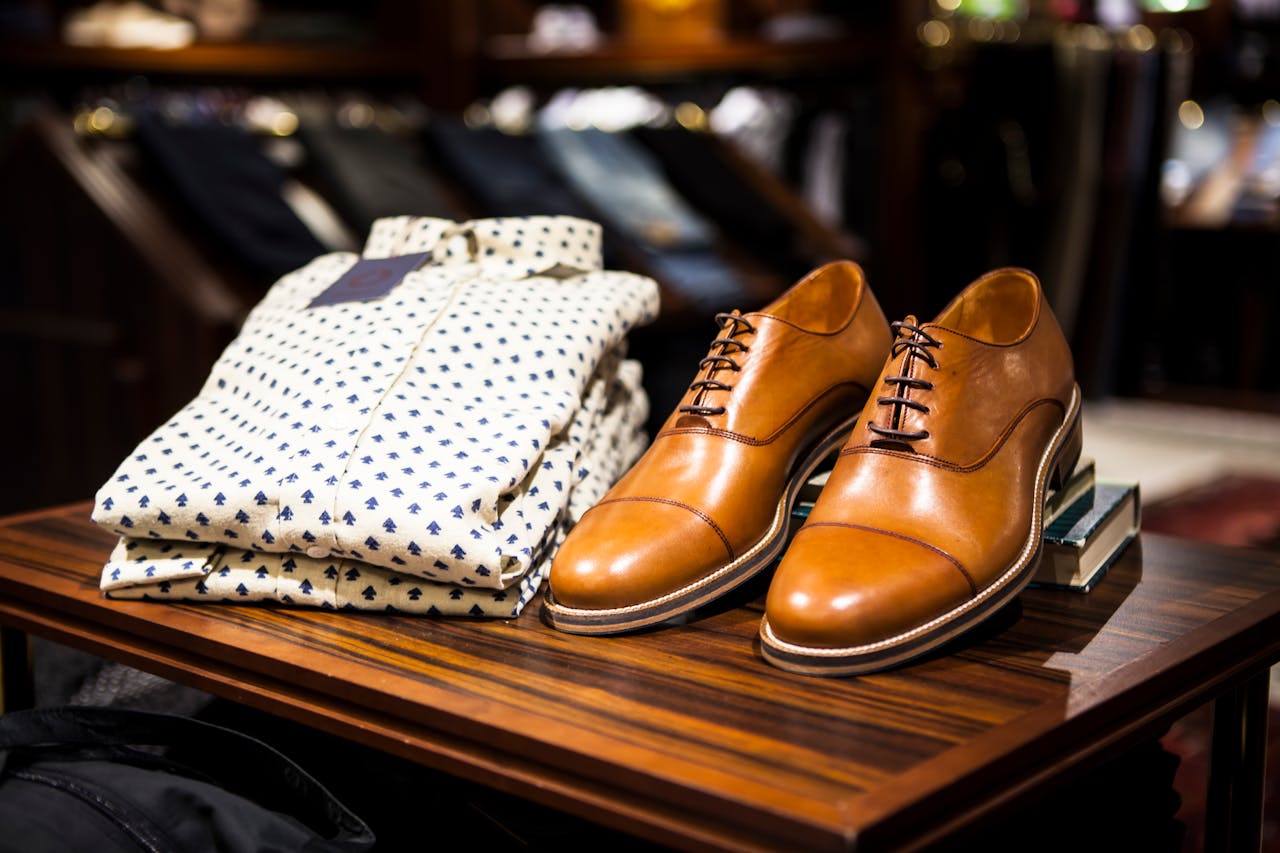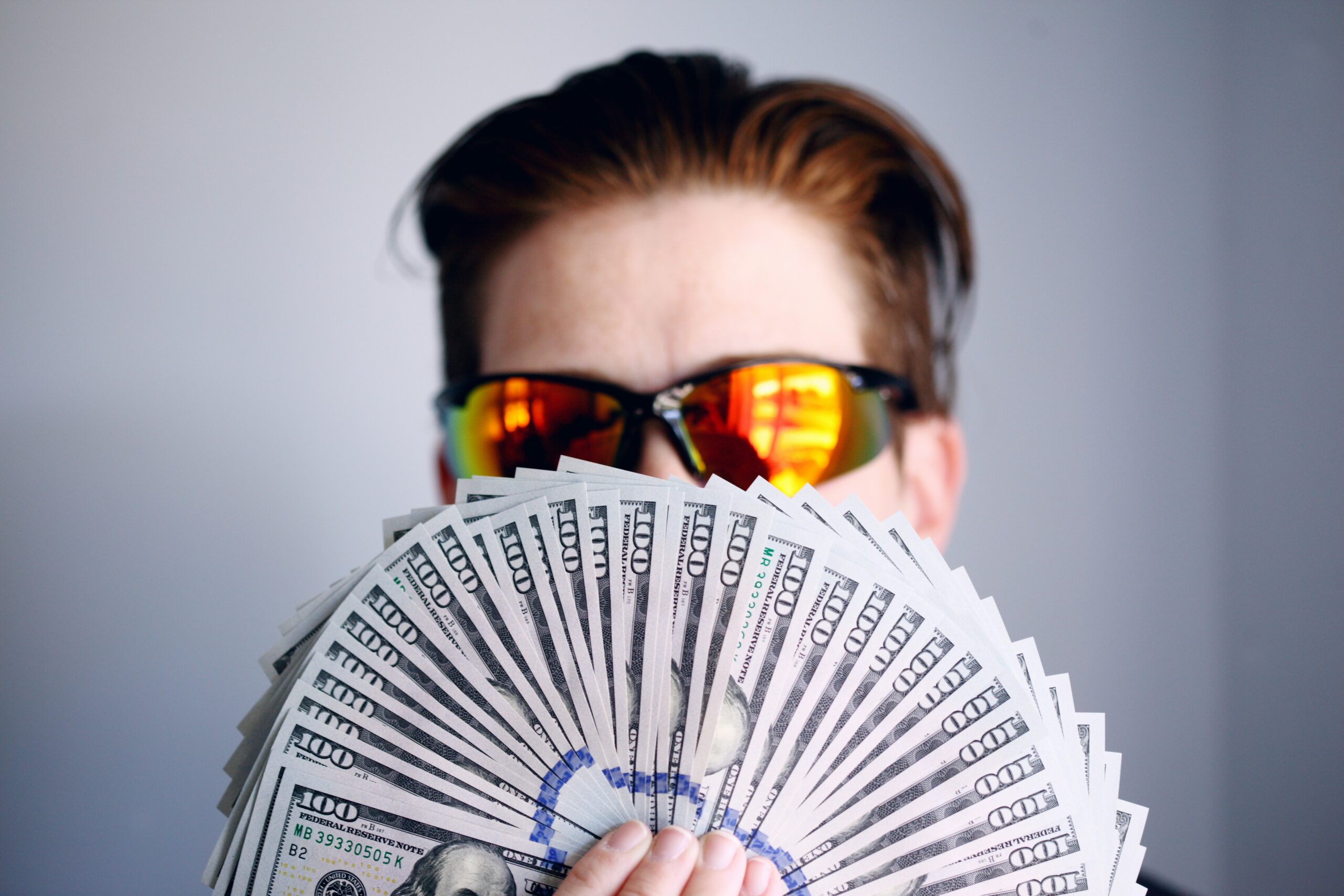I agree with this statement, especially when looking at our purchasing behavior as psychologists, it is clear that people go well beyond the basic needs in their purchases. Nevertheless, we keep on making these purchases which are often not required at all, and this is what is referred to as competitive consumerism In this behavior, we are not just being mere victims of the modern society; rather, we are satisfying our psychological need to belong, to maintain our ranking in the society and to have a feeling of mastery. But consumerism can make people momentarily happy only and makes them financially stressed, emotionally unsatisfied and continuously in pursuit of the next thing they think will make them happy.
As a result, it is necessary to explore the principles of financial psychology which is the science that focuses on the role of psyche in the management of money. Here are few important things that needs to be take into consideration while discussing why people purchase goods they don’t require and how the psychology of spending affect us.
The Essentials vs. the Non-Essentials
In the current world, most of the individuals have the basic needs of food, shelter, and clothing. Data from the U. S. Bureau of Labor Statistics show that the average American family’s expenditure is $46,000 a year of which 50% is spent on necessities; these include 32. 8% on shelter, 12. 4% on food, and 8. 2% on health care. But, we buy much more than these necessities in our lifetime. For instance, the coffee market in the United States was worth $96. 5 billion in 2022 which shows that people are willing to spend their money on non-essential but luxury items such as costly coffee . Likewise, the average American owns about 20 pairs of shoes which is many times more than the three or four pairs that are considered practical.

Consumerism as a Way of Life
We are living in the consumerist culture where we spend most of our time working to gain money that is then spent on objects and services that are mostly considered as ‘wants’ rather than ‘needs’. According to the data from the United States Bureau of Economic Analysis, the U. S. consumers spent $17. 8 trillion in 2022, of which the consumers’ expenditure constituted around 70% of the country’s GDP. This may be closely associated with the fact that consumerism has become the main driving force of our economy and our lives. Nevertheless, studies show that over consumerism may in fact be detrimental to the welfare of the consumer. The survey conducted by the American Psychological Association showed that people with high materialism levels were less satisfied with their lives and had higher levels of anxiety .
The Pursuit of Social Status
Another cause of buying things we do not require is status; most people have to buy certain products to fit into a particular class. The ‘brand portfolio’ that we build through our consumption define how people perceive us. For instance, in 2023 the global luxury good market targeted at $312. 6 billion mainly due to the desire in the society to improve social class through purchasing of trendy products. According to a study carried out by the Harvard business Review, 64% of consumers said that luxury brands offered a feeling of prestige and status. This goes to support the fact that social pressure and the need to compete for people’s attention contributes to our spending patterns.

The Cost of Competitive Consumerism
Some of the scholars who have opposed the consumer culture include Tim Kasser, the author of The High Price of Materialism They assert that the culture is detrimental. To support her argument, Kasser explains that ‘‘competitive consumerism’’, or the belief that defined success is equated with material goods, forces people to overspend, thus creating stress and ethical conflicts about the right thing to do. This is illustrated by the statistics; the average American household has credit card balances of $7,500 on average in the year 2023, and most of this credit card balances are associated with the discretionary purchases. Furthermore, a study done by Journal of Consumer Research established that those who place a premium on acquiring material possessions are likely to have lower life satisfaction and higher depression rates, this give us an insight of the psychological cost of this consumer culture .
Identity and Self-Expression
That is why there is a certain benefit in purchasing unnecessary things because consumerism helps people have an opportunity to demonstrate who they are. The aspects of life we choose, such as the car we own, what kind of clothes we put on or even the food we take are all signs of our values and self-esteem. Based on a survey conducted in the year 2023 by Deloitte, it was found that 65% of the consumers believed that the brands they buy convey their beliefs and values, which again shows that self-identity influences the purchase process . Moreover, according to the study conducted in the Journal of Consumer Psychology, consumers are willing to spend more money on the products which reflect their identity, proving how much consumerism and self-identity are entwined.
The Illusion of Control
Buying things that are not needed may help to feel a sense of control and domination over something, for instance, in a world that is constantly changing. Possession of material objects generates a sense of control over our surroundings whether or not these objects are necessary. According to a 2022 survey by the American Institute of Stress, 72% of Americans are stressed over the lack of control they have in their lives, and they try to find comfort in the often addictive shopping therapy where the act of purchasing makes one feel in control. Further, a study done in Journal of Consumer Research reveals that people always use luxury products to handle insecurity or uncertainty, thus proving that luxury products provide psychological comfort in moments of stress.
It can be argued that the over-purchasing is a society’s and, at the same time, individual psychological disorder . Often we chase after objects that give us comfort for a while and a sense of who we are only to find that we have spent all our salaries and even borrowed to get them. Examining some psychological tendencies, for which consumers consume, including the desire for social status, identity, and control, we are able to explain and adjust our spending behavior. By accepting these self-interests it is possible to free oneself from implicit competitiveness and constant desire to buy and consume in favor of ones’ true needs and desires. As we swim through the sea of consumerism, I would like to gather those who seek for the logical connection between the dichotomy of values and money and try to create an amusing and, at the same time, worthy life.
Join our community!
Here, we are prepared to help you achieve a better mental state and an improved life. Enter your email to receive important and useful information, suggestions, and materials in the field of psychology.
In case you have any other questions or require additional assistance, you can contact us at info@mindtopsychology.com. Click here to visit our homepage and choose your necessary category to gain proper knowledge about mental health.
Bullying and It’s Negative Effects on Psychological Health
Bullying, from a psychological point of view, refers to a type of aggression where an…
How Poor Leadership Ruins Employee Well-Being
From my experience as a psychologist, I can state that toxic leadership adversely affects employees…
Overcoming the Challenges of Postpartum Psychosis with Effective Strategies
Postpartum psychosis is a severe but treatable condition I have come across in my practice…
Common Signs of Binge Eating Disorder You Should Know
Binge eating disorder (BED) is a behavioral disorder that is characterized by compulsive binge eating….
Natural and Non-Medical Supplements to Help Relieve Depression
I have realized that majority of mental disorders can be treated using natural products than…
How the Brain Gets Affected by Depression
I have come across many instances where neurological problems are as a result of other…










